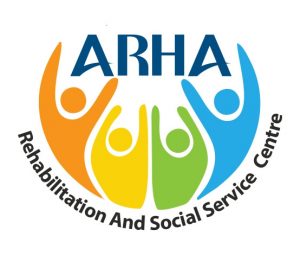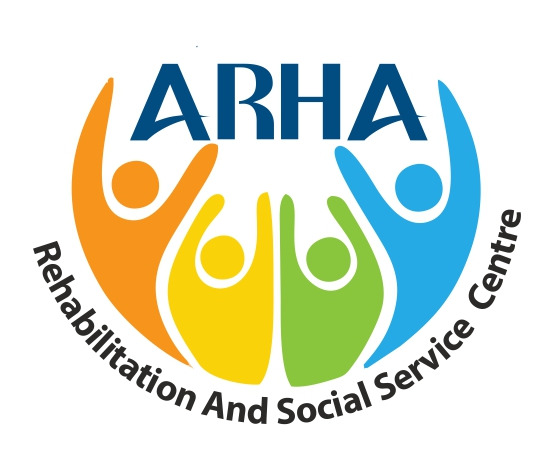COGNITIVE BEHAVIORAL THERAPY:
Cognitive Behavioral Therapy, commonly referred to as (CBT) for addiction, has its roots in behavioral and cognitive therapies of the 20th century. This is one of the two separate schools of therapy. It has been shown to be very effective in a wide variety of instances, such as for Alcohol and Substance Abuse, depression, anxiety, eating disorders, obsessive-compulsive behaviors, post- traumatic stress disorder and more.
The goal of CBT in addiction therapy is to minimize negative or self-defeating thoughts that can lead someone who has an addiction to relapse. Beyond addiction, it is also highly relevant for people who are exhibiting behaviors they want to change. For many of our patients who comes to Arha there will also be co-occurring disorders, that will respond well also to the CBT approach.
There are different approaches for delivery of the cognitive behavioral therapy, and these may include distraction, imagery and motivational self- talk.
Cognitive Behavioral Therapy for addiction can be applied in both one-on-one sessions and group therapy sessions. Depending on where a person receives treatment, a patient may find the therapy has a more behavioral modification or, for others, a more cognitive orientation.
The difference being that the more cognitive application will focus more on cognitive restructuring while the more behavioral application may have more of a focus on exposure therapy depending on the patient and his needs – within residential treatment however, the opportunity to address both aspects, and practice is optimum.
The goal is not to diagnose but to look at the individual as a whole and determine what needs to be addressed. The basic steps for CBT are to identify the critical behaviors, determine whether these behaviors are excesses or deficits, evaluate them for frequency, duration and intensity, and then, with therapy, alter them.

